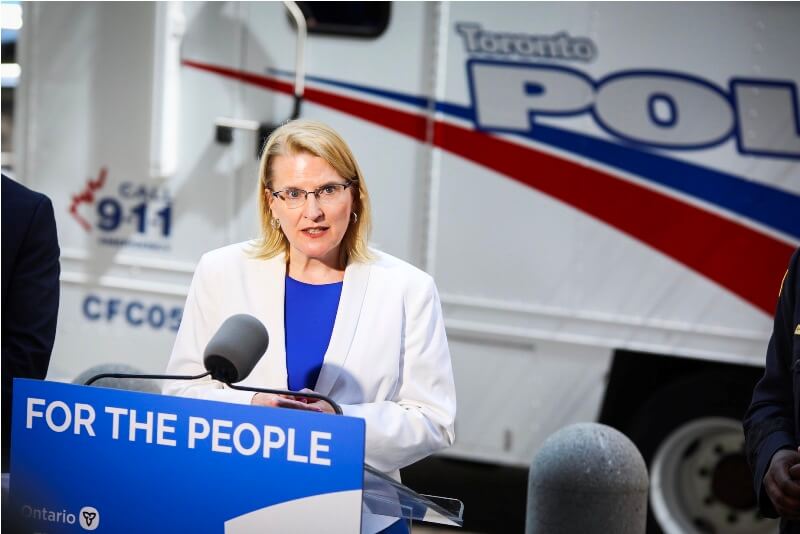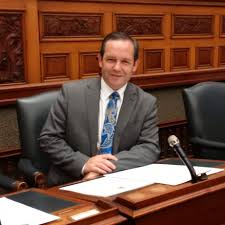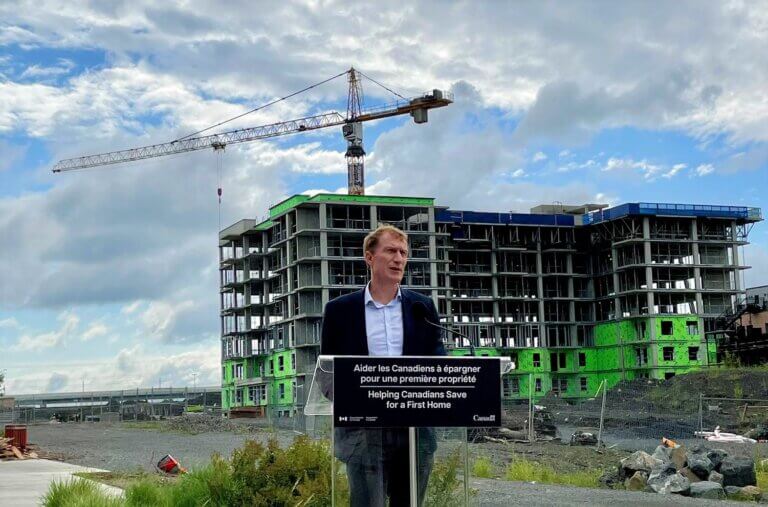Ontario Connecting Up To 49,000 People to Primary Care Teams in Toronto
$14 million investment brings the province one step closer to connecting everyone in Toronto to primary care
The Voice of Canada: The Ontario government is investing over $14 million to connect up to 49,000 people to primary care teams in Toronto. This is part of Ontario’s $110 million investment to connect up to 328,000 people to primary care providers, bringing the province one step closer to connecting everyone in Ontario to primary care.
“Our government is making record investments to ensure everyone who wants to have a primary care provider can connect to one,” said Sylvia Jones, Deputy Premier and Minister of Health. “While there is more work to do, giving tens of thousands of more people across Toronto the opportunity to connect to primary care brings us that much closer to this goal.”
Ontario leads the country with 90 per cent of people connected to a regular health care provider. As a next step to close the gap for those not connected to primary care in Toronto, the province is supporting 11 new and expanded interprofessional primary care teams. Together, these initiatives will connect up to 49,000 Ontarians with primary care teams and provide services.
In Toronto’s downtown core:
- new mobile medical bus will work with community health centre sites and an existing Family Health Team to conveniently connect more people to care and better integrate and coordinate care
- a new community health centre will break down barriers to care for high-need under-serviced populations by connecting them to primary care and clinical supports such as mental health and addictions services
- an innovative model of mobile care connected to a new health care centre will expand culturally safe and appropriate Indigenous-led primary care programs and services
- a collaborative house call program to serve seniors in the community with comprehensive and ongoing primary care, as well as chronic and acute disease management, medication administration, in-home assessments, ongoing case management, and system navigation
In North Toronto:
- community health centres will leverage multiple mobile teams in high-need under-serviced communities that need it most to help break down barriers to care including, primary care and social and community supports
In Toronto’s West end:
- new primary care providers and expanded services will deliver more connected and convenient care to people with complex health care needs
- a community health centre site will connect people to interprofessional health care professionals and social and community supports, including pharmacy care and virtual mental health and addictions supports
- expanded access to Indigenous-led primary care, that incorporates both traditional healing and culture-based services alongside contemporary interdisciplinary primary care
In Toronto’s East end:
a community health centre and interprofessional team will expand and add new mobile and satellite locations to make primary care more accessible to youth, seniors, Black individuals and families and patients with complex chronic diseases
Interprofessional primary care teams connect people to a range of health professionals who work together under one roof, including doctors, nurse practitioners, registered and practical nurses, physiotherapists, social workers and dietitians, among others. Timely access to primary care helps people stay healthier longer with faster diagnosis and treatment, as well as more consistent support managing their day-to-day health while relieving pressures on emergency departments and walk-in clinics.
The record investment of $110 million includes $90 million to add over 400 new primary care providers and 78 new and expanded interprofessional primary care teams across the province. In addition to other historic investments to expand medical school spots and efforts to break down barriers so highly-skilled internationally-trained doctors can care for people in Ontario, Ministry of Health modelling shows these initiatives will help connect up to 98 per cent of people in Ontario to primary care in the next several years. An additional $20 million will provide a boost to all existing interprofessional primary care teams to help them meet increased operational costs for their facilities and supplies so they can continue to provide high-quality care.
Since the launch of Your Health: A Plan for Connected and Convenient Care, the government has been making steady progress to ensure the health care system is better equipped to respond to the needs of patients and provide them with the right care in the right place, faster access to services and access to an expanded health care workforce.
Quick Facts
- Ontario’s investment of $90 million triples the original $30 million earmarked to expand interprofessional primary care teams and will deliver over four times as many initiatives as outlined in the Your Health Plan.
- As part of the 2024 Ontario Budget, through an additional $546 million over three years, the province is creating new and expanded primary care teams to connect approximately 600,000 people to team-based primary care.
- Ontario is the first province to have a publicly funded Nurse Practitioner-Led Clinic program and with the provincewide primary care team expansion, Ontario is adding six new and expanded Nurse Practitioner-Led Clinics.
- Since 2018, Ontario has added 12,500 new physicians and is continuing to grow the workforce by breaking down barriers for internationally educated physicians, including through the new Practice Ready Ontario Program that will add 50 new physicians this year.
- The new and expanded teams are the result of a provincewide call for proposals that took place in 2023. All proposals were thoroughly reviewed by Ontario Health based on criteria prioritizing areas of greatest need, to connect a greater number of people currently without a regular primary care provider with these services closer to home, with successful proposals approved by the Ministry of Health.
- Ontario leads the country in how many people benefit from a long-term, stable relationship with a family doctor or primary care provider. Since 2018, the province has added over 80,000 new nurses and 12,500 new physicians to the health care system.
Quotes
“Toronto is thrilled and thankful for this $14 million critical investment by our government to local community health centres who have been true pillars in keeping our community healthy, such as TAIBU Community Health Centre and the Scarborough Centre for Healthy Communities in Scarborough. This funding will enhance primary care services locally, ensuring that more residents can have access to primary care they need. It underscores our government’s commitment to bridging gaps in healthcare access and improving the well-being of our residents.”-Raymond Cho, MPP for Scarborough North
“This investment is part of our government’s ongoing commitment to connect all Ontarians with the primary care providers they need and deserve. This new funding will make it easier and more convenient for York South – Weston residents and all those in Toronto’s west-end to access this care in the communities they call home.”-Michael Ford, MPP for York South—Weston and Minister of Citizenship and Multiculturalism
“Our government, under the leadership of Premier Ford and Minister Jones, have made significant investments to improve healthcare in Toronto and more specifically in Scarborough. After years of neglect from previous governments, our government is making the necessary investments in healthcare, whether it is new community health centres, new hospitals, or connecting more people to primary care services, our government will leave no stone unturned to improve the quality and access to health care here in Ontario.”– Aris Babikan, MPP for Scarborough—Agincourt
“I am proud that our government is investing nearly $1.5 million into TAIBU Community Health Centre and over $1.3 million into Scarborough Centre for Healthy Communities (SCHC), as a part of our government’s historic expansion of interprofessional primary care teams. TAIBU and SCHC have a long track record in Scarborough, providing necessary care for residents in our community.”– Vijay Thanigasalam , MPP for Scarborough—Rouge Park
“I want to thank TAIBU Community Health Centre and the Scarborough Centre for Healthy Communities (SCHC) for their steadfast approach in meeting the growing demands for primary care in Scarborough and beyond. They have been instrumental. Thank you, Premier Ford and Minister Jones, for understanding the medical needs and investing the necessary funds to help families seeking this form of care. TAIBU and SCHC, as core organizations, have always been at the forefront of ensuring that residents of Scarborough can rely on these professional services to cope with their family needs and concerns.”-David Smith, MPP for Scarborough Centre






